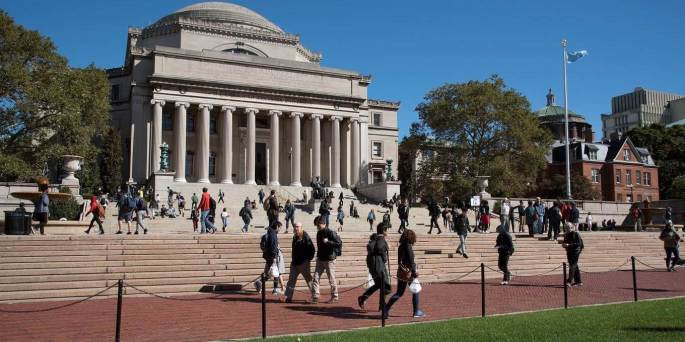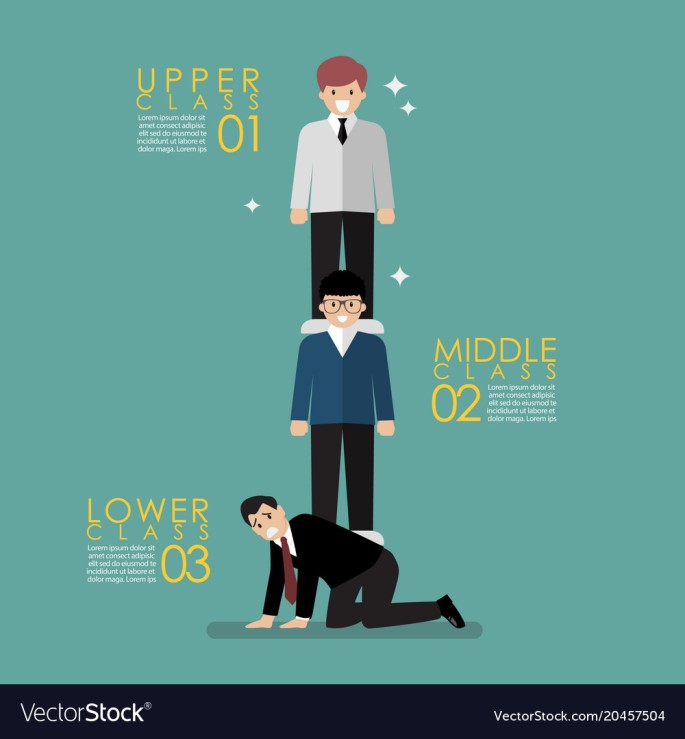This post is a classic piece by Karl Marx, “The Fetishism of Commodities and the Secret Thereof.” It’s the last section of the first chapter in Capital, volume 1. This analysis had a big impact on me when I first read it in grad school, and it has shaped a lot of my own work. At … Continue reading Karl Marx — The Fetishism of Commodities
Category: Meritocracy
Schooling the Meritocracy
This is an essay about the historical construction of the American meritocracy, which is to say the new American aristocracy based on academic credentials. This essay is included in my new book, The Ironies of Schooling. Here’s a link to the original, which was published 2020 in Bildungsgeschichte: International Journal of the Historiography of Education. An overview … Continue reading Schooling the Meritocracy
Sara Weissman — More than Half of 4-Year College Grads Are Underemployed
This post is an essay by Sara Weissman that appeared recently in Inside Higher Ed. Here's a link to the original. The title tells the story: More than Half of 4-Year College Grads Are Underemployed. That means they are in jobs that don't require a college degree. More than half of recent four-year college graduates, 52 percent, … Continue reading Sara Weissman — More than Half of 4-Year College Grads Are Underemployed
Luck and Pluck — Alternative Stories of Life in the Meritocracy
This post is a piece I published five years ago in Aeon. Here’s the link to the original. I wrote this after years of futile efforts to get Stanford students to think critically about how they got to their current location at the top of the meritocracy. It was nearly impossible to get students to consider … Continue reading Luck and Pluck — Alternative Stories of Life in the Meritocracy
Michael Lewis: Don’t Eat Fortune’s Cookie
In the last few years, I’ve been reading and writing about the American meritocracy, and I’m going to be posting some of these pieces here from time to time. But today I want to post a wonderful statement on the subject by Michael Lewis, which I somehow had missed when it first came out. It’s … Continue reading Michael Lewis: Don’t Eat Fortune’s Cookie
Alain de Botton: On Asking People What They “Do”
This lovely essay explores the most common question that modernity prompts strangers to ask each other: What do you do? The author is the philosopher Alain de Botton, who explains that this question is freighted with moral judgment. In a meritocracy, what you do for a living is not just your job; it’s who you … Continue reading Alain de Botton: On Asking People What They “Do”
Yasheng Huang — The Exam that Broke Society
This post is a fascinating essay by Yasheng Huang about the Chinese examination system, which was recently published in Aeon. Here's a link to the original. It draws on his new book, which I highly recommend: The Rise and Fall of the EAST: How Exam, Autocracy, Stability and Technology Brought China Success, and Why They … Continue reading Yasheng Huang — The Exam that Broke Society
Rachel Shin on Hypercompetition at Elite Universities
This post is an essay by Rachel Shin about the hypercompetition among students at elite universities, which appeared several weeks ago in Atlantic. Here's a link to the original. She reports that Yale undergraduates have ramped up student stress by turning the application process for admission to what are supposed to be benign extracurricular activities … Continue reading Rachel Shin on Hypercompetition at Elite Universities
Harold Wechsler — Group Repulsion in the History of US Higher Ed
This post is a favorite piece by an old friend and terrific scholar, Harold Wechsler, who sadly died several years ago. Here’s a link to the original, which appeared in Teachers College Record in 1981. In this paper, Wechsler explores a longstanding issue in American higher education. How do students and colleges respond when the initial core group of … Continue reading Harold Wechsler — Group Repulsion in the History of US Higher Ed
You Don’t Need the Ivies to Be Successful
This post is a reflection on the social advantage that comes from attending an extremely exclusive private college. Typically this means one of the Ivy-Plus schools -- namely members of the Ivy League plus a few others such as Stanford and Chicago. Upper-middle class families are famously obsessed with getting their children into one of … Continue reading You Don’t Need the Ivies to Be Successful










